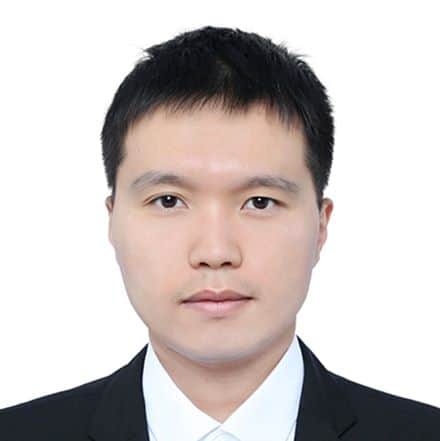CD40 signaling and downstream NF-κB pathways play important roles in germinal center (GC) B cell development and differentiation. However, it remains to be elucidated whether higher MHC-peptide presented by GC B cells induces increased cumulative CD40 signaling strength. The first aim of Dr. Yin’s proposal is to measure CD40 signaling strength by generating a novel NF-κB pathway reporter mouse line. He will define how the strength of canonical and alternative NF-κB pathways corresponds to different amounts of MHC-peptide presentation in vivo by multiple approaches. He will also determine whether NF-κB signaling strength is associated with dark zone B cell recycling, memory B cell differentiation, and plasma cell differentiation.
The second aim of Dr. Yin’s project is to define how TCR signaling strength is associated with the amount of CD40L on the cell surface available for GC B cells. Despite the observation that more MHC-peptide presented by GC B cells induces more CD40L mobilized on the Tfh cell surface, the underlying regulators involved in this process remain unclear. A genome-wide screening by CRISPR in a CD40L-GFP T cell line will be performed to identify factors controlling CD40L storage and transport. Taken together, these studies will improve our understanding of how GC B and T cells interact with and affect each other to drive the generation of high affinity antibody producing cells and memory B cells.
Projects and Grants
Defining the mechanism underlying helper T cell selection of high affinity B cells in germinal centers
All Cancers | University of California, San Francisco | 2023 | Jason Cyster, PhD

